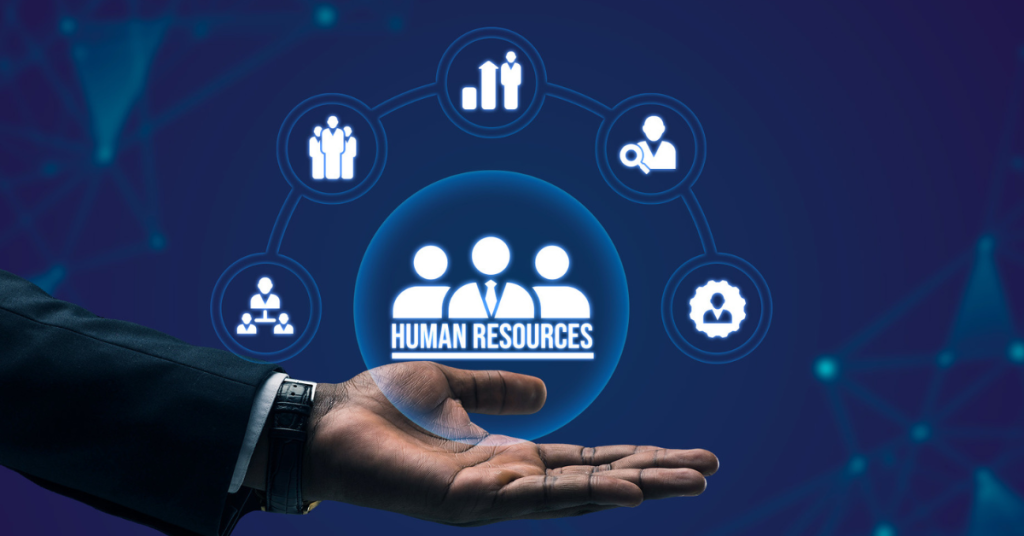The Evolving HR Landscape
The HR industry has undergone significant transformations in recent years, and 2023 promises to bring further advancements. From embracing remote work to harnessing the power of AI, HR professionals are facing new challenges and opportunities. Let’s delve into the seven trends that are shaping the HR industry in 2023.
Trend 1: Remote Work and Flexible Arrangements
The COVID-19 pandemic has accelerated the adoption of remote work, and this trend is expected to continue in 2023. Organizations have realized the benefits of remote work, such as increased productivity, reduced overhead costs, and access to a broader talent pool. HR departments are now tasked with creating policies and frameworks that facilitate remote work while ensuring collaboration, engagement, and work-life balance.
Trend 2: Artificial Intelligence (AI) and Automation
AI and automation are revolutionizing various aspects of HR, from recruitment and onboarding to employee engagement and performance management. HR professionals are leveraging AI-powered tools to streamline repetitive tasks, enhance decision-making processes, and gain valuable insights from employee data. Chatbots, predictive analytics, and talent acquisition platforms are just a few examples of how AI is transforming HR practices in 2023.
Trend 3: Employee Well-being and Mental Health Support
In recent years, there has been a growing focus on employee well-being and mental health support. The pandemic has further emphasized the importance of prioritizing employee wellness. HR departments are implementing comprehensive well-being programs that include mental health resources, flexible work arrangements, and initiatives promoting work-life integration. Creating a supportive and inclusive work environment has become a top priority for organizations worldwide.
Trend 4: Diversity, Equity, and Inclusion (DEI) Initiatives
Diversity, equity, and inclusion have moved to the forefront of HR strategies in 2023. Organizations are recognizing the value of building diverse teams and fostering an inclusive culture. HR professionals are implementing strategies to attract, retain, and develop diverse talent, while also addressing unconscious biases and systemic barriers. DEI initiatives are not only a moral imperative but also contribute to innovation, creativity, and business success.
Trend 5: Agile Performance Management
Traditional performance management systems are being replaced by agile approaches that prioritize continuous feedback and coaching. In 2023, HR professionals are shifting towards regular check-ins, ongoing goal setting, and real-time performance tracking. This agile performance management enables employees to receive timely feedback, align their goals with organizational objectives, and adapt to changing circumstances more effectively.
Trend 6: Skills Development and Continuous Learning
With the rapid pace of technological advancements, skills development and continuous learning have become critical for both employees and organizations. HR departments are investing in training programs, mentoring initiatives, and digital learning platforms to upskill and reskill their workforce. By fostering a culture of lifelong learning, organizations can stay ahead of industry trends and empower their employees to thrive in the digital age.
Trend 7: Data-Driven HR Decision Making
Data analytics is becoming an integral part of HR decision-making processes. HR professionals are harnessing the power of data to gain insights into workforce trends, identify skill gaps, and make informed decisions regarding talent acquisition, performance management, and employee engagement. By leveraging data-driven approaches, HR departments can optimize their strategies, enhance employee experiences, and drive organizational growth.
Conclusion
The HR industry is undergoing a significant transformation in 2023, driven by technological advancements, changing workforce dynamics, and the increasing focus on employee well-being and inclusivity. HR professionals must adapt to these trends to meet the evolving needs of their organizations and employees. By embracing remote work, AI, agile performance management, and other emerging trends, HR departments can position themselves as strategic partners in driving organizational success in the years to come.
Read More: Employee Experience Management: 11 Tips to Excel for Business Success
FAQs
Q1: How can HR professionals support employee well-being in 2023?
A1: HR professionals can support employee well-being by implementing comprehensive well-being programs, offering mental health resources, promoting work-life balance, and creating a supportive and inclusive work environment.
Q2: What is the significance of diversity, equity, and inclusion (DEI) initiatives in HR?
A2: DEI initiatives in HR are essential for building diverse teams, fostering an inclusive culture, addressing unconscious biases, and removing systemic barriers. They contribute to innovation, creativity, and business success.
Q3: How can HR departments leverage data analytics in decision-making processes?
A3: HR departments can leverage data analytics to gain insights into workforce trends, identify skill gaps, optimize talent acquisition strategies, enhance performance management, and improve employee engagement.
Q4: What is agile performance management?
A4: Agile performance management is an approach that emphasizes continuous feedback, regular check-ins, ongoing goal setting, and real-time performance tracking. It enables employees to receive timely feedback and adapt to changing circumstances more effectively.
Q5: Why is skills development and continuous learning important in 2023?
A5: Skills development and continuous learning are crucial in 2023 due to the rapid pace of technological advancements. By upskilling and reskilling their workforce, organizations can stay ahead of industry trends and empower their employees to thrive in the digital age.


